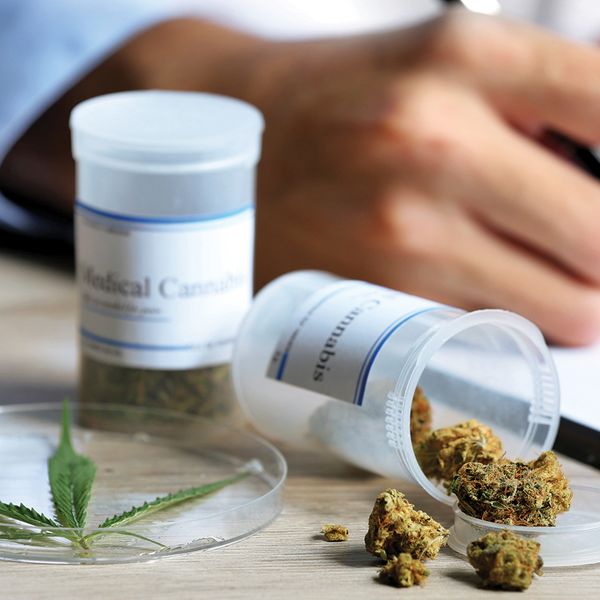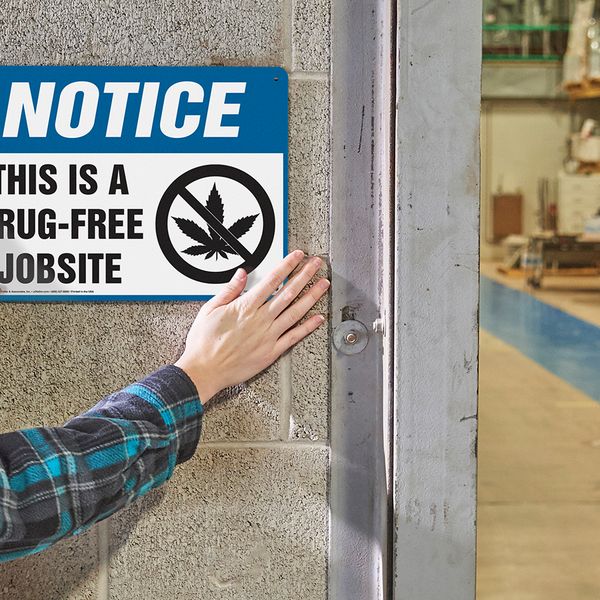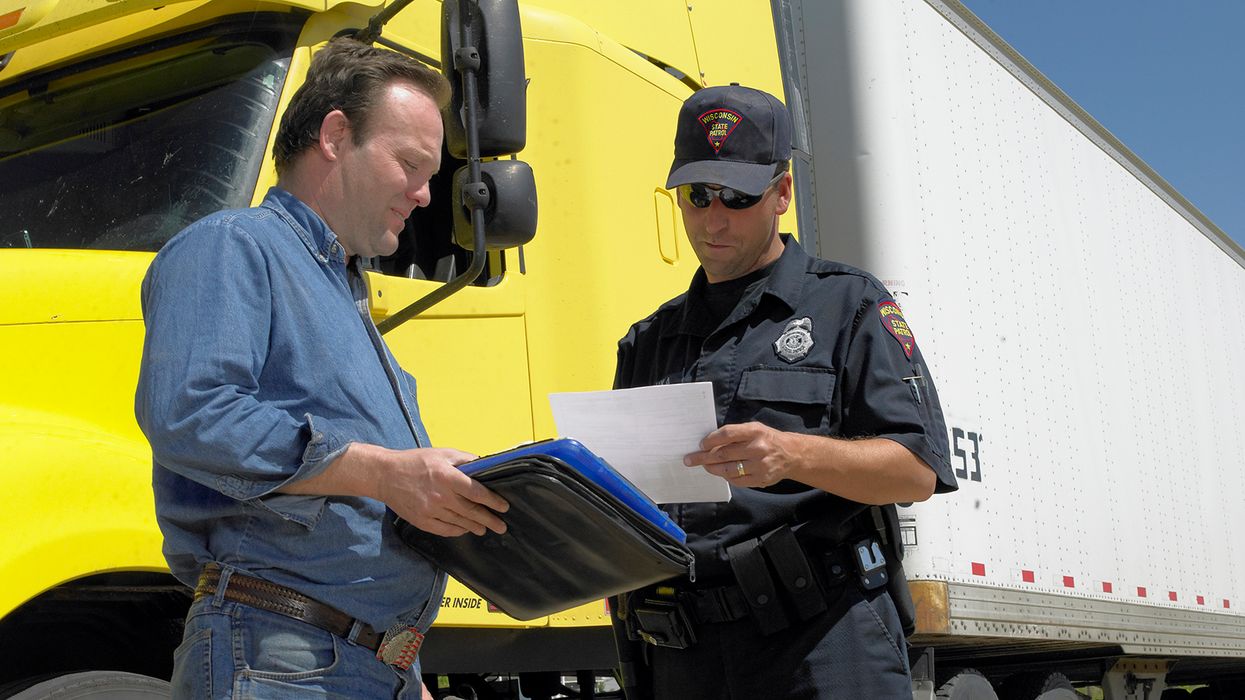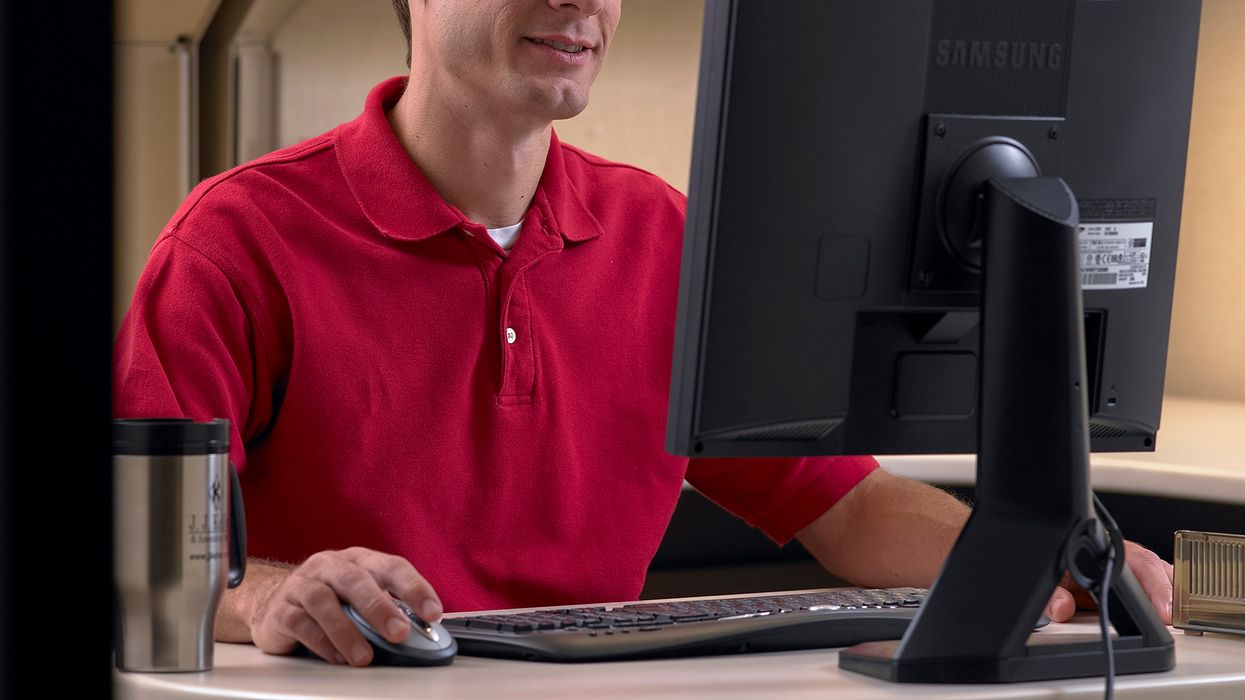Medical marijuana case shows the power of state law
When a drug testing policy fails to give enough weight to state laws, an employer may find themselves in court.
That’s what happened in Florida when the state’s medical marijuana law conflicted with an employer’s decision to fire an employee after a positive drug test.
Positive drug test
The case involves an emergency medical technician (EMT) who was licensed by the state of Florida and employed by a county fire department. The EMT used medical marijuana for anxiety, post-traumatic stress disorder, and insomnia, but did not use marijuana at work or possess it on work premises or during work hours. There were no complaints of on-the-job impairment.
The employee took a random drug test, tested positive for marijuana, and was placed on unpaid administrative leave.
The county’s collective bargaining agreement allowed employees to report use of prescription medications authorized under federal or state law if a drug test is positive. However, the county said that the employee’s medical marijuana card did not override federal law, which classifies marijuana as an illegal drug.
Failure to accommodate
The EMT sued the employer, alleging disability discrimination for failing to accommodate medical marijuana use, which is protected by the Florida Civil Rights Act. The employee’s lawsuit also claimed that the county should have accepted the state-issued medical marijuana card as justification for the positive drug test result.
The county claimed that its actions were lawful because marijuana is illegal under federal law. The employee failed a drug test and didn’t for a medical marijuana accommodation beforehand
Off-duty marijuana use a valid accommodation
The court ruled in favor of the employee, saying that the county’s refusal to accommodate off-duty medical marijuana use was discriminatory. The county’s Drug-Free Workplace Policy allowed employees to provide evidence of a legitimate use of prescription and non-prescription medication in the event of a positive test. The employee provided a medical marijuana card within the timeframe required by the policy.
The court noted that the employee had no reason to ask for an accommodation in advance.
In addition, the employee did not use marijuana at work, and it did not impact job performance. As a result, the employer violated the Florida Civil Rights Act by failing to accommodate the employee’s off-duty use of medical marijuana.
The fact that marijuana is illegal under federal law did not matter, the court found, as the EMT’s license was controlled by the state.
What can employers do about medical marijuana?
The court’s decision has been appealed by the county, but the case offers some valid take-aways for employers nationwide when a job applicant or employee is a medical marijuana cardholder:
- Check your policy. In all states, employers do not need to allow employees to:
--Work under the influence of medical marijuana, or
--Possess marijuana on company property or during work time.
However, when an employee has a medical marijuana card, consider state laws when determining whether off-duty use may be accommodated. - Pause and discuss. Off-duty marijuana use may cause an employee or applicant to test positive on a pre-employment or random drug test. Understand your obligations when an individual with a medical marijuana card tests positive. Don’t rush to terminate or not hire someone who has a medical marijuana card. Discuss the situation as part of the interactive disability accommodation process. Consider accommodations in light of the employee’s job duties and your workplace policy.
- Document signs of impairment. When conducting a drug test due to reasonable suspicion of drug use, document the signs of impairment to provide support for any employment actions that are taken.
- Train supervisors. Supervisors should know the signs of impairment and how to document them. They should also be familiar with your workplace drug and alcohol policy and understand what to do when the policy is violated.
Key to remember: Marijuana is illegal under federal law, but a state medical marijuana law may require employers to consider accommodations for off-duty use that brings a positive drug test.















































